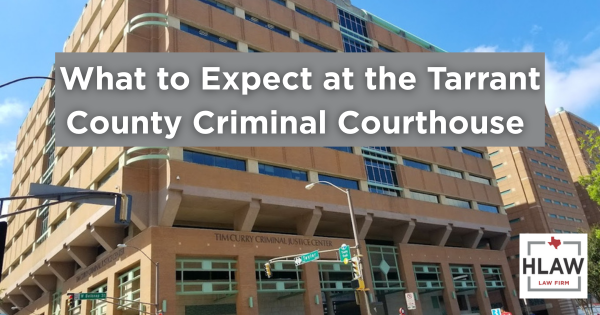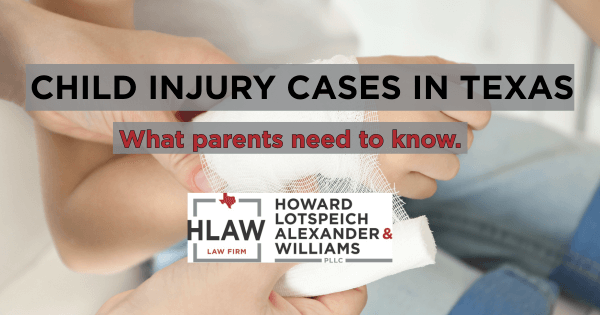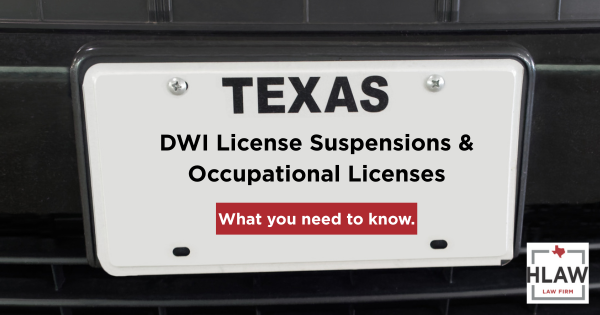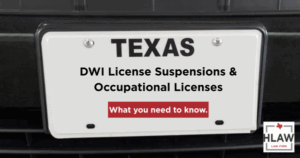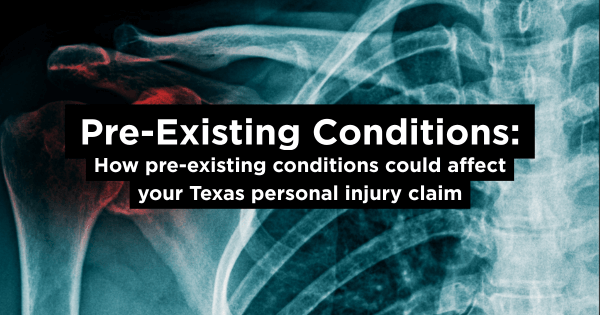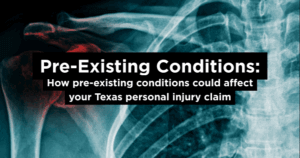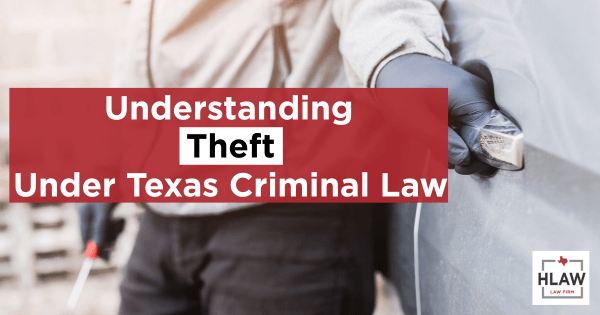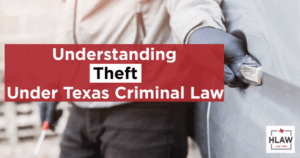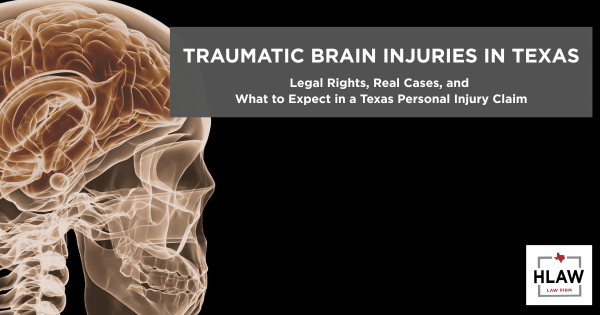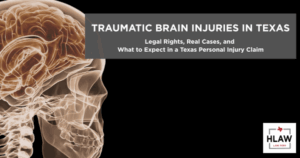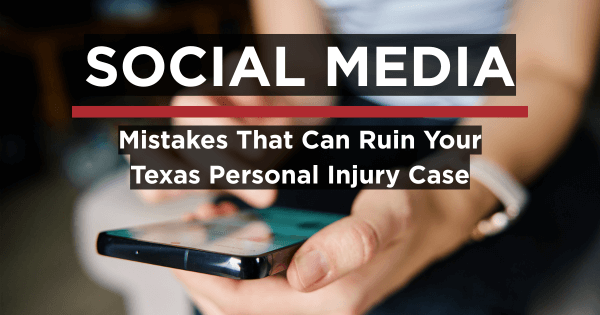
Real-World Examples, Legal Pitfalls, and How to Protect Your Claim
In today’s connected world, social media is second nature. Whether it’s a quick photo on Instagram, a status update on Facebook, or a short video on TikTok, we often share snippets of our lives without a second thought. But if you’ve been injured in an accident in Texas and are pursuing a personal injury claim, social media can be your worst enemy.
What you post—intentionally or not—can severely damage your case. Insurance adjusters, defense attorneys, and investigators are scouring public profiles to find anything they can use to deny or reduce your compensation.
In this blog, we’ll share real-world examples of social media backfires, explain how Texas law treats social media evidence, and offer practical legal tips to avoid sabotaging your case.
How Social Media Can Harm a Personal Injury Claim
When you file a personal injury claim in Texas—whether it’s for a car crash, slip and fall, or other injury—you’re essentially stating that you’ve suffered physical, emotional, and financial harm. Any social media activity that appears to contradict those claims can be used against you.
Real Example #1: The “Weekend Warrior” Post
A Fort Worth man filed a claim after a motorcycle accident, citing serious back pain and limited mobility. However, he posted a photo on Facebook just weeks later of himself hiking with the caption, “Back at it!” Defense attorneys used the photo in court to undermine his credibility, and the jury awarded significantly less than what he sought.
Lesson: Even if your pain is manageable or the activity was staged, optics matter. A single photo can shift the entire narrative of your injury.
Relevant Law: Social Media as Admissible Evidence in Texas
Texas courts have consistently recognized social media posts as admissible evidence when relevant to a case. Under the Texas Rules of Evidence (TRE) 401 and 402, evidence is admissible if it makes a fact more or less probable than it would be without the evidence.
Furthermore, under Texas Rule of Civil Procedure 192.3, parties may obtain discovery regarding any matter that is relevant to the subject matter of the lawsuit—including digital content like social media posts.
This means if your post is even arguably related to your physical or emotional state, the opposing side can likely demand it in discovery. Courts have compelled plaintiffs to turn over private content in many Texas cases if it relates to:
- Physical condition or activities
- Mental or emotional state
- Statements about the accident or injury
- Posts about settlement or legal proceedings
Real Example #2: “Check-In” Gone Wrong
A Dallas woman claimed she was unable to return to work due to debilitating anxiety following a workplace injury. Yet she checked in on Facebook at a local comedy club and posted selfies laughing with friends. The defense used this to challenge her emotional distress claim, arguing she was socially active and enjoying life.
Her settlement offer dropped by nearly 40%.
Lesson: Check-ins, tagged photos, or casual posts can be deceptively damaging—especially when they paint a picture of normalcy or happiness inconsistent with your claims.
Legal Tip: Avoid These Common Social Media Mistakes
If you’re pursuing a personal injury claim in Texas, here are concrete ways to protect yourself online:
✅ Avoid Posting About Your Injury or Accident
Don’t share photos, updates, or opinions about your accident. Anything you say can be interpreted in a way that benefits the defense.
✅ Don’t Accept New Friend Requests
Insurance companies and defense investigators may try to access your private content by posing as someone else. Be cautious of unknown contacts.
✅ Set Your Accounts to Private—But Don’t Delete Posts
Adjust your privacy settings, but do not delete any posts after your accident. Deleting social media content during litigation could be considered destruction of evidence (spoliation) and may subject you to sanctions under Texas Rule of Civil Procedure 215.2.
✅ Tell Friends and Family Not to Post About You
Tagged photos or comments from loved ones can be just as harmful. Ask them to avoid mentioning your injury or activities.
Real Example #3: TikTok Dance Disaster
A teenager in Houston suffered a concussion after a sports-related accident and sued the school for inadequate supervision. A few weeks later, she posted a TikTok dance trend video. The school district’s attorneys cited the video to argue that she was not experiencing symptoms of dizziness or cognitive delays.
While she explained that she was “just trying to push through,” the judge found the evidence persuasive enough to reduce the award.
Protecting Your Case: What Your Attorney Needs to Know
Your attorney should be informed about your social media activity from the start. At our firm, we routinely advise clients on digital behavior and will work to protect your case from potential pitfalls.
If you’re unsure whether something could be problematic, it’s always better to ask than to post.
Final Thoughts: Your Case Is a Legal Matter, Not a Social One
In Texas personal injury cases, your words—and pictures—can absolutely come back to haunt you. What seems like a harmless post may be twisted to paint you as dishonest, exaggerating, or even fraudulent.
The best practice? Go quiet on social media until your case is resolved.
If you have been seriously injured in an accident, contact the HLAW firm today for a free case evaluation.


